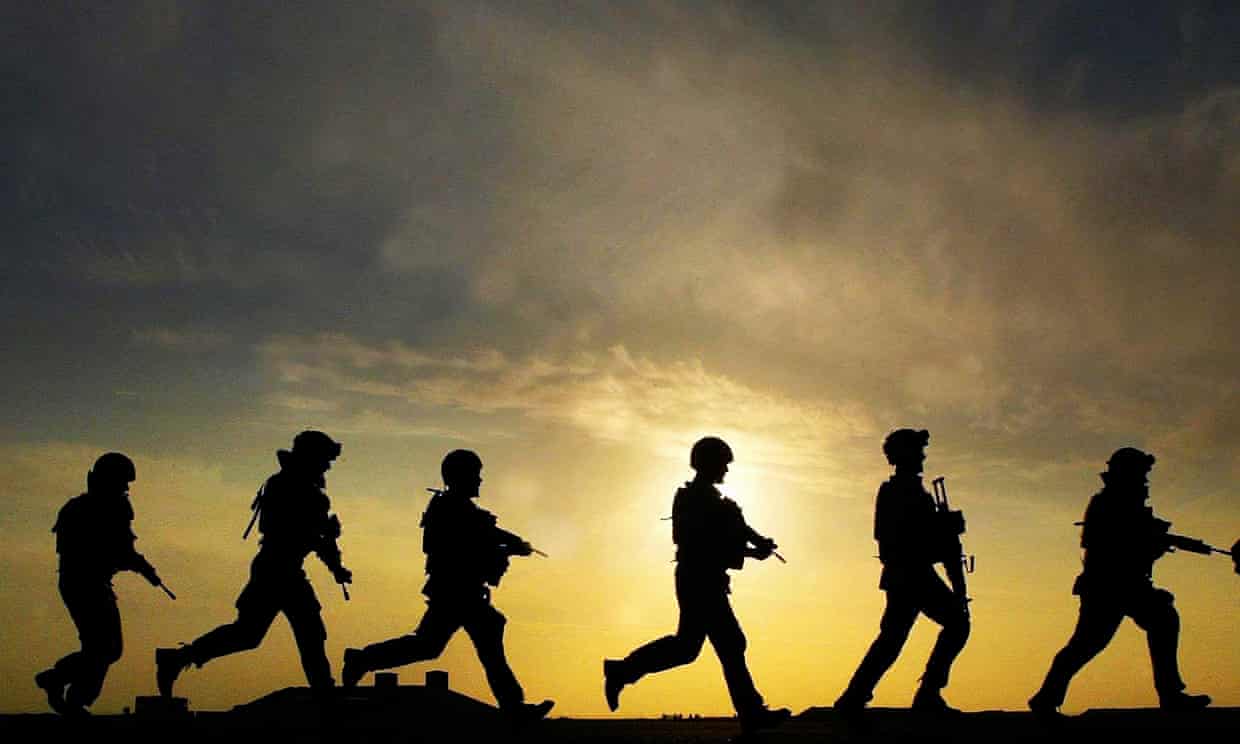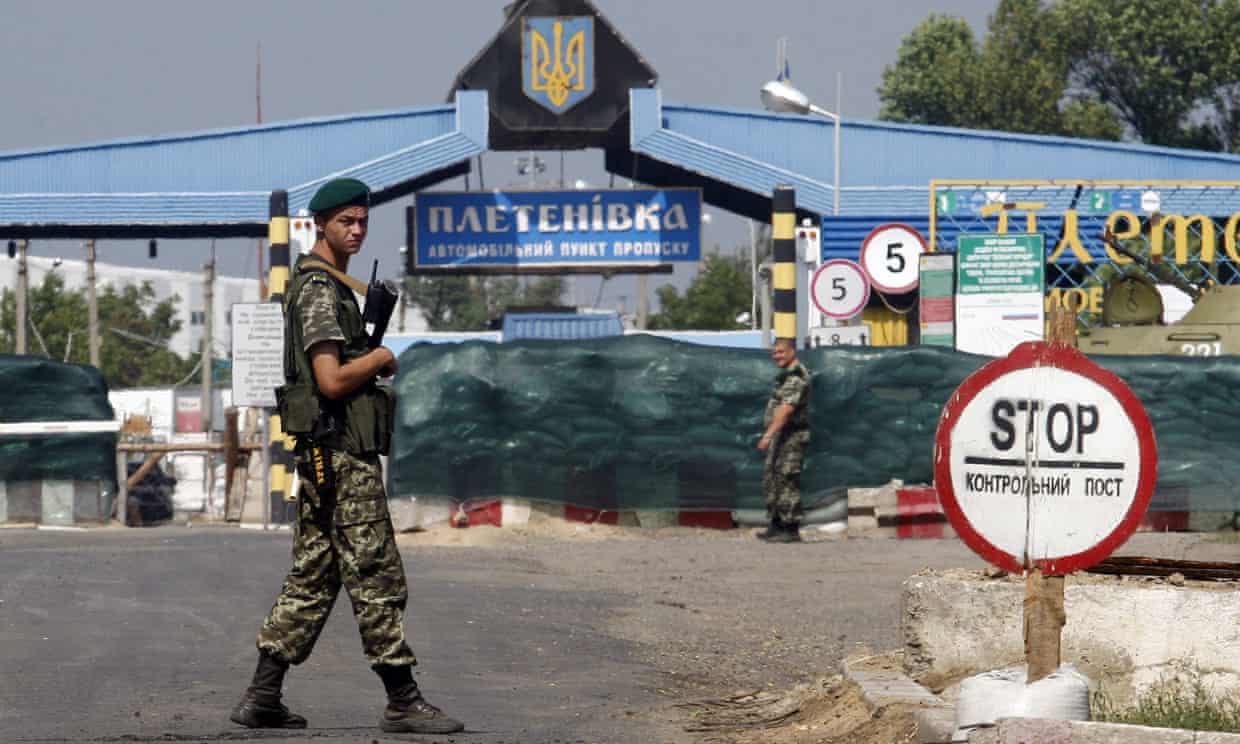By Sarah Lafen
Impunity Watch Desk Reporter, Europe
LONDON, England — Britain has announced plans to exempt British soldiers from legal claims brought on behalf of the European Convention on Human Rights so as to prevent unnecessary lawsuits against the soldiers while in combat and when they return home. The rules of the Convention allow for countries to exempt themselves in specific situations, including those on the battlefield.

The exemption announcement follows the closure of the law firm Public Interest Lawyers, which was the firm responsible for filing many claims against British troops. Since 2004, about £100 million has been spent on lawsuits against soldiers who served in Iraq, a portion of which is taxpayers’ money.
At the Conservative Party conference, the United Kingdom’s Defense Secretary Michael Fallon announced the change, which he believes will prevent the misuse of the Convention. Fallon argues that the Convention has strayed from its original purpose to help maintain peace within Europe. According to Fallon, the UK has found “several thousand” claims against British troops who allegedly detained potential terrorists who had fired at the British soldiers. Also at the conference, UK Prime Minister Theresa May emphasized the importance of not leaving soldiers in the position to fight legal cases against them when they return home from combat.
Marth Spurrier, the director of Liberty, argued against this movement, claiming that the majority of suits against the military are not “vexatious” and are rather issues which the Ministry of Defence (MoD) “should be trying to eradicate, not permit.” Similarly against the exemption, the Law Society accuses the government of undermining the rule of law by intimidating people who try to pursue legitimate cases against soldiers. Law Society President Robert Bourns maintains that “[l]awyers must not be hindered or intimidated in carrying out their professional duties and acting in the best interests of their clients within the law.”
The UK’s derogation follows those of other nations, including Ukraine’s derogation in June 2015 in relation to combat on the Russian border and France’s derogation in November 2015 following a terrorist attack on a Parisian nightclub.
Certain rights under the Convention, including the prohibition of torture, remain in place for the British troops. Soldiers will still be subject to International Humanitarian Law, which includes the Geneva conventions and UK criminal law.
For more information, please see:
CNBC — British Soldiers now Exempt from Europe’s Human Rights Convention — 4 October 2016
Newsweek — Britain to Opt Out of Human Rights Law in Wartime — 4 October 2016


